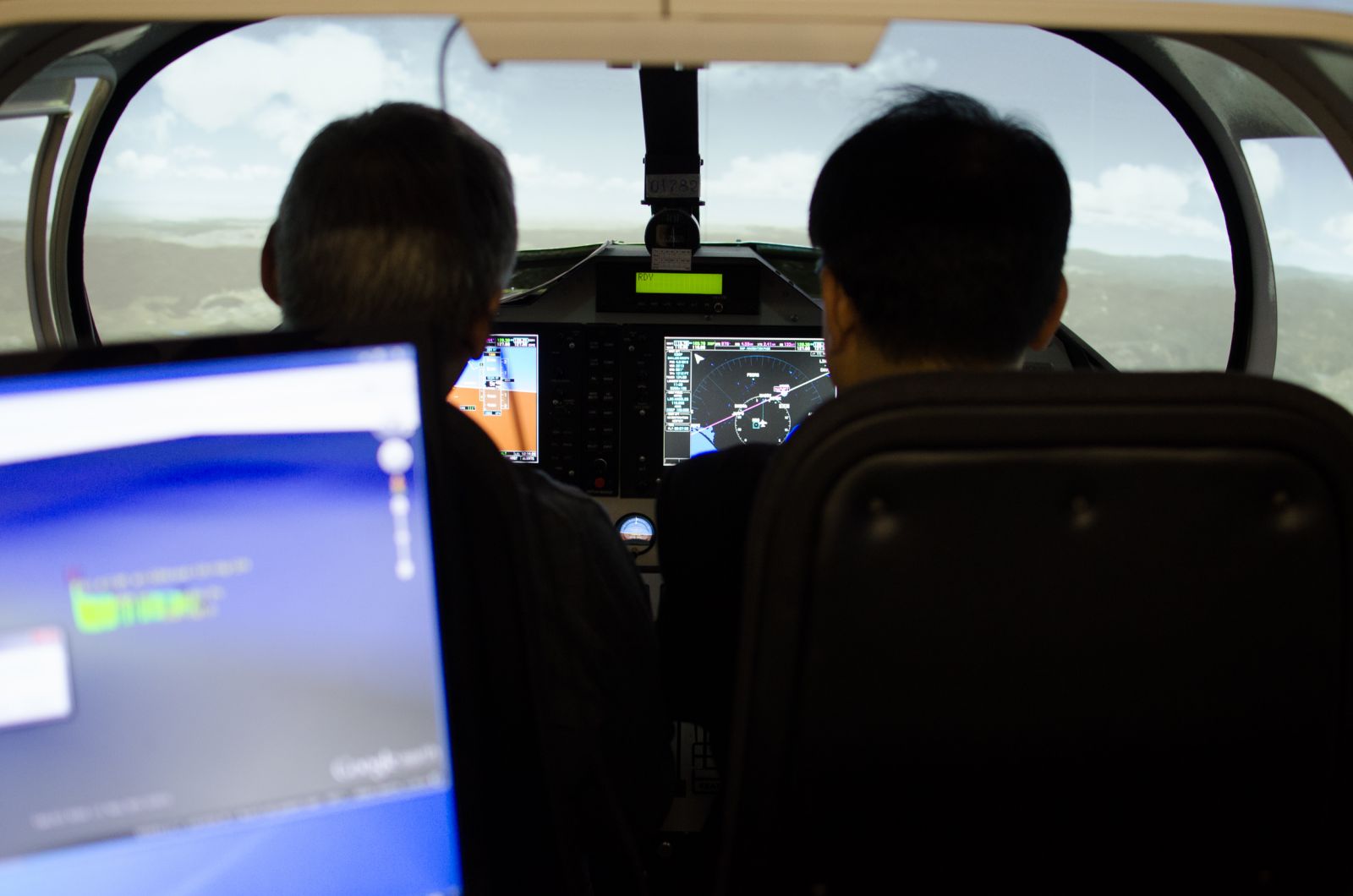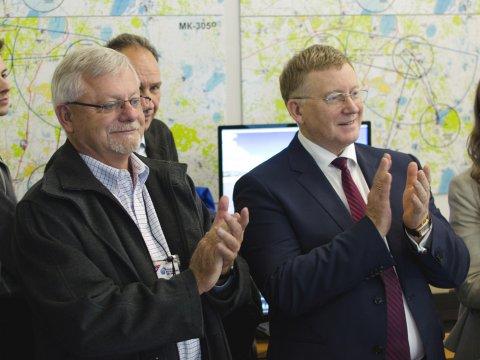A delegation of representatives from the SUSU International Science Council learned about the PlantWeb laboratory of artificial-intelligence based measurement systems which is a joint project between the university, the Emerson company and Metran, the leading Russian company in the development, manufacture, and service of artificial-intelligence based automation. The laboratory was created in 2006 using the PlantWeb distributed intelligence architecture from the equipment of Emerson, world leader in international instrumentation, manufacturing technology, and the area of telecommunications. The complex imitates the system of energy measurement and conservation for buildings. The laboratory’s equipment allows for the regulation of the temperature of internal environments, pressure, flow, and liquid level. PlantWeb predictive management makes it possible to predict how a system will behave in the next 15-20 minutes and correct its work which, in part, can prevent breakage and accidents. The laboratory is a training site for SUSU students who are studying various principles of information processing, modern management methods, and optimization of manufacturing assets.

Emerson president Eduard Monser, who is a member of the International Council, took special interest in the laboratory. The top manager noted that his company is ready to help SUSU acquire new technical equipment.
“We are ready to cooperate further with SUSU and improve this complex according to the university’s needs. We hope that you continue this project. Don’t quit!”, stressed Eduard Monser, in speaking with university employees.

The next point of the excursion was the manufacturing institute, “Educational Technique and Technologies,” where the guests tried to control airplanes on their own on special training systems used to train amateur and military pilots. The first to sit behind the wheel was editor of the scientific journals Molecules and ARKIVOC, Dr. Panayiotis Andreous Koutentis (University of Cyprus). Together with a specialist from “Uchtech-Profi”, the scientists was able to complete his first flight successfully.
“The flight was very smooth, I felt completely safe. If a pilot who knows what he’s doing is sitting nearby, you can fly wherever you want! But for the full sensation of flying there should be sound and vibration, which always occur in real flights. As a whole, I really liked everything we saw today. I am glad that all of the laboratories are equipped properly. Also, I have never seen training classes for pilots in any university,” said Dr. Koutentis.

As a note, SUSU’s pilot training systems are of higher quality than their counterparts found in flight training institutions. Students develop the skills of controlling an airplane in the air and on the ground. The training systems allow for the imitation of faults, emergency situations, and adverse weather conditions, and devices monitor the accuracy of assignment completion.




